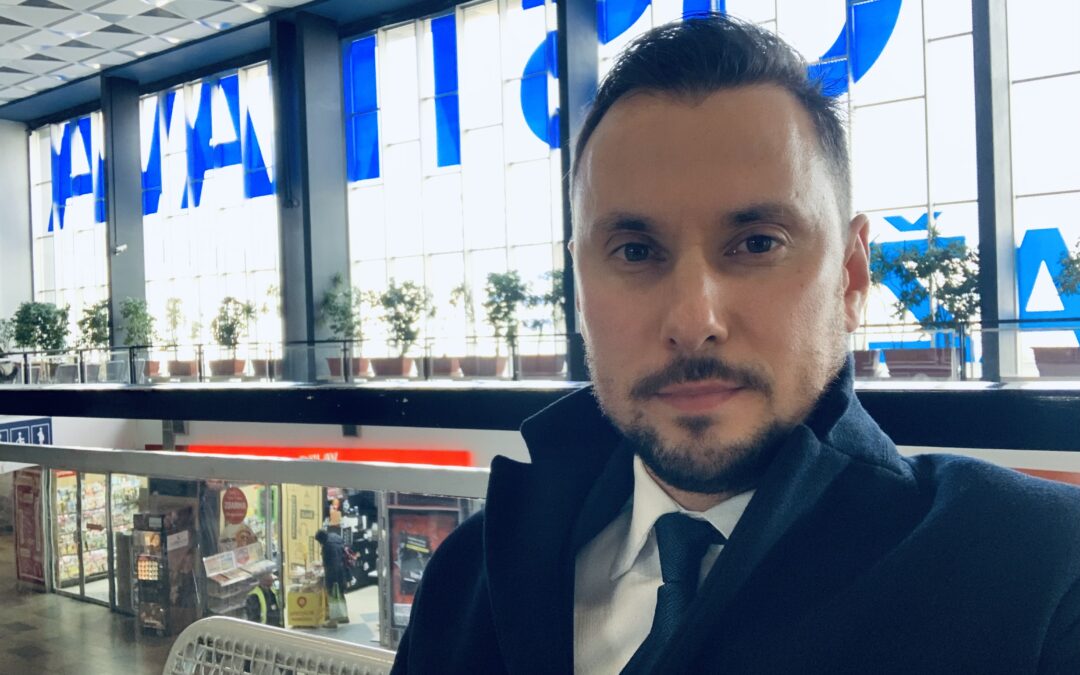I was asked few times about the main difference between recruiters and headhunters. Therefore I decided to write a blog about the main differences. Both jobs has similar outcome yet operations is what differs. The more you think about it, the more you should understand that the style you do business is very different for each discipline.
The day of a recruiter can vary depending on their specific role, industry, and company. However, here is a general idea of what a day in the life of a recruiter might look like:
- Reviewing job applications: The first task of a recruiter is to review the job applications that have been submitted. They may need to screen hundreds of resumes, cover letters, and applications each day to determine which candidates meet the requirements for the position.
- Conducting phone or video interviews: After reviewing applications, the recruiter will typically schedule phone or video interviews with candidates who appear to be a good fit for the position. During these interviews, the recruiter will ask questions to assess the candidate’s skills, experience, and qualifications.
- Coordinating on-site interviews: If a candidate passes the phone or video interview stage, the recruiter may schedule an on-site interview with the hiring manager and/or other team members. The recruiter will coordinate the logistics of the interview, including scheduling, travel arrangements, and interview materials.
- Checking references: Before making a job offer, the recruiter will typically check the candidate’s references to verify their employment history, job performance, and other relevant information.
- Communicating with hiring managers: Recruiters work closely with hiring managers to understand their hiring needs and requirements. They may have regular meetings with managers to discuss the status of open positions, the quality of candidates, and any other issues or concerns.
- Attending job fairs and networking events: Recruiters may attend job fairs and other networking events to meet potential candidates and promote their company’s job opportunities.
- Updating applicant tracking system: Throughout the day, the recruiter will update the company’s applicant tracking system with new candidate information, interview notes, and other relevant data.
Overall, a recruiter’s day is typically fast-paced and requires excellent communication and organizational skills. They must balance the needs of the company with the needs of job candidates, while working to identify and attract top talent.
Headhunters, also known as executive recruiters, typically have a mindset that is focused on identifying and recruiting top talent for their clients. They are often highly driven individuals who are motivated by achieving results and building strong relationships with clients and candidates.
Here are some of the key mindsets that are commonly found among headhunters:
- Results-oriented: Headhunters are focused on achieving specific goals, such as identifying and recruiting top talent for their clients. They are often measured based on their ability to deliver results, such as filling positions within a specific timeframe or recruiting candidates with specific skills and experience.
- Relationship-driven: Building strong relationships with both clients and candidates is essential for headhunters. They need to be able to establish trust, communicate effectively, and understand the needs and goals of the people they are working with.
- Proactive: Headhunters are often working on multiple projects simultaneously and need to be proactive in identifying and reaching out to potential candidates. They may use a variety of methods, such as networking, social media, and database searches, to identify and contact top talent.
- Flexible: Headhunters must be able to adapt to changing circumstances and handle unexpected challenges. They need to be able to quickly adjust their approach to recruiting based on the needs and requirements of their clients and candidates.
- Strategic: Headhunters need to be able to think strategically about their recruiting efforts. They must be able to identify the key skills and experience required for a position, as well as any potential challenges or obstacles that may need to be addressed in the recruiting process.
Hope that helps you more understand our work. We do not have an easy job. Stay tuned all the time. Talk to people on a daily basis with the finger on the pulse. Reacting fast is part of our job. We need never loss time on pointless processes. Every minute can play a crucial role in the probability to successfully close a candidate.
Before entering recruitment think twice if you have all the necessary skills to become successful in this field. You will face tons of failures, stress and bad days. Yet when you find the right candidate you will experience an amazing feeling of satisfaction. And that is the reason why we do it. We chase that feeling over and over again.
I will write more about the perfect headhunter typology in the next blog.
Cheers!

Evžen Dolgunow
Recruitment manager, Headhunter

